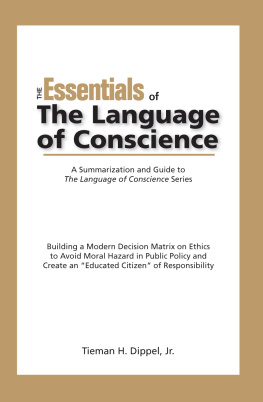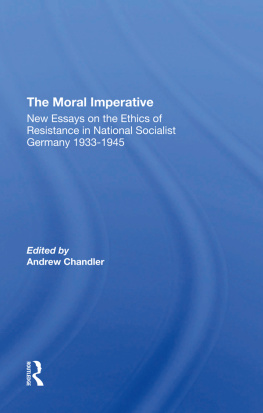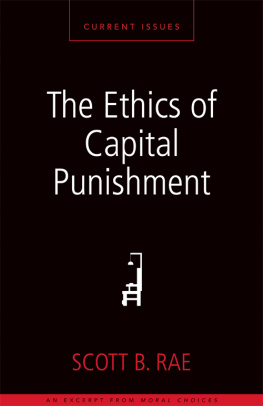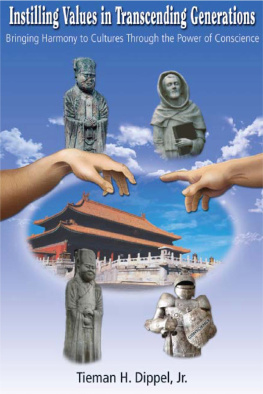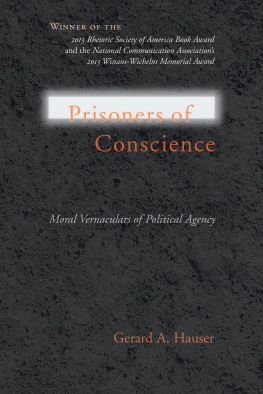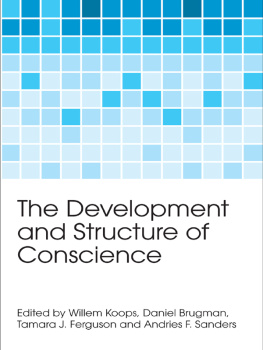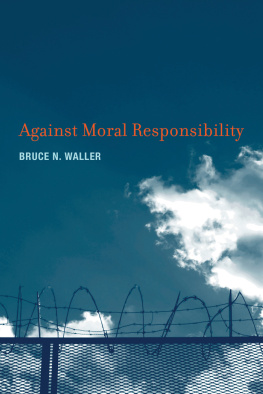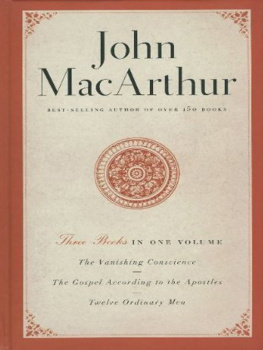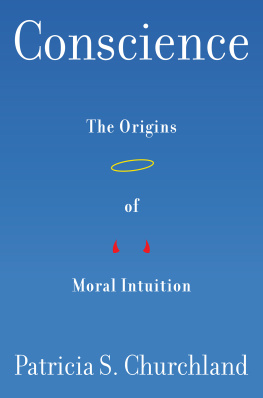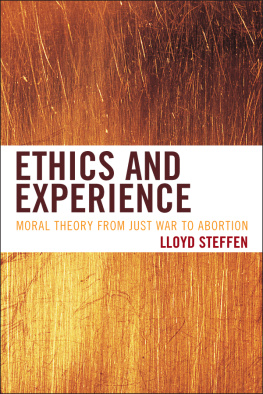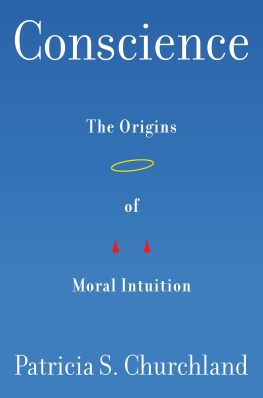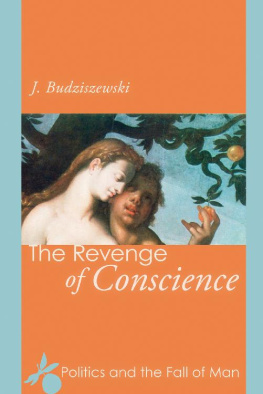The Essentials of
The Language of Conscience
Building a Modern Decision Matrix on Ethics to Avoid Moral Hazard in Public Policy and Create an Educated Citizen of Responsibility
Tieman H. Dippel, Jr.
Book Five of The Language of Conscience Series
Texas Peacemaker Publications, L.L.C.
www.thelanguageofconscience.com
This publication is designed to provide accurate and authoritative information
in regard to the subject matter covered. It is sold with the understanding that
the publisher is not engaged in rendering legal, accounting or other professional
service. If legal advice or other expert assistance is required, the services of a
competent professional should be sought.
2008 by Tieman H. Dippel, Jr.
Published by Texas Peacemaker Publications, L.L.C.
Brenham, Texas
Distributed by BookMasters, Inc., 30 Amberwood Parkway, Ashland, Ohio 44805
(800-537-6727)
Cover design by Tim Snider and Ryan Feasel of BookMasters, Inc.
All rights reserved. The text of this publication, or any part thereof,
may not be reproduced in any manner whatsoever without written permission
from the publisher.
Printed in the United States of America
ISBN 13: 978-0-9721608-7-2
Preface
The Language of Conscience requires a systematic approach to balancing diverse interests harmoniously through an organizational concept recognizing that every man should grant to every other man the same rights and dignity that he personally desires, and must, through cultural ethics create a personal responsibility that accentuates the recognition of the broader impact of actions. Its enforcement mechanism is individual responsibility and the wisdom to understand the methods of creating strength rather than abandoning it.
In modern science, there is a continuing search for a unified theory that becomes the ultimate organizing principle of physics. Einsteins Theory of Relativity governs the Heavens and the great objects while the Theory of Quantum Mechanics covers the atomic and small particles. While the two are obviously connected, the two sets of existing rules for large and small objects are not consistent. String Theory and other conceptual approaches are primarily based at how to bring together these two significant sets of physical rules in a unified theory. Such organizing theories set perspective and are critical because how you think about issues determines what you think about them.
In many ways, we have a similar situation in the concepts of the political science of government and the social science of the individual. We need to find an organizing principle that ties together the large-scale efforts and policies of government with the individual interests and incentives of the people that compose the state. The separation between government and the individual is in some ways similar to the Theories of Relativity and Quantum Physics because they are inherently related but are not fully coordinated or understood. However, physical science is exact; social science is a moving, evolving, emotional entity that is far more complex. It is the result of mans free will. An appreciation of the common good and the Golden Rule may be the equivalent of string theory. To affect a proper organizing principle, a theory must create a system of rules within government that is easily understood and that recognizes the Moral Hazard of incentivizing riskless activity such that it dramatically changes the rules for individual responsibility and respect for personal dignity. It must help instill a culture of integrity within government to limit corruption and build confidence. It must create a simplified but realistic view of policy options so that an informed public gains wisdom and confidence. It must bring Harmony to the separate interests by ethics or the recognition of the impact of policies on all parties. Its critical role is to provide thoughtful rather than emotional choice to how critical issues must be balanced since this sets the stage for policy and ultimate destiny.
Confucius focused on preparing leaders for government in the hope that their moral and competent leadership would set the pattern by example for the masses. He did not focus on religion (mans relationship with God) but a simpler morality (mans relation to other men). These are two different levels of conscience, but you need to strengthen the morality even if you differ on promoting religion. Not to do so sacrifices the good for the perfect too often in the battle of conscience versus convenience. It must necessarily be a beginning organizing principle if you wish to bring change in todays environment. As Sun Tzu noted, if you are to win strategically, you must carefully pick your battles or you have already lost. The level of complexity in the modern requiem is a method of simplification for change. Economics and politics are too complex; cultural approaches offer more promise.
The organizing principle must also help address the creation of an informed citizenry with a leadership component not of the elite minority alone but of a broader based localized class of Uncommon Men or Confucian Gentlemen. They can often create a culture that supports understanding of the necessity of the rule of law, the mutual obligation of morality, and the necessity of compassion and voluntary service to the common good. For it is the ultimate culture that passes values to the next generation, often not just as a thought process but also as a perceptive instinct of what is correct or incorrect. These type leaders often compose only 10% of a society, but because of their activism and leadership dramatically affect the culture and, through it, the law and philosophy of government. Since the talent to unify people when they are in very different groups will be increasingly important, it then is a necessity of any such cultural change to have an understanding of a common thought process and common values upon which to unify.
The Language of Conscience and the related writings basically are an attempt to explore this common thought process through a focus upon culture and how cultural values and their adaptability to change tend to either strengthen the bonds between groups or make them decline, and how societies prosper or fail in large part because of how well this bond is created. Conscience is defined by acceptance of individual responsibility. Conscience becomes the over-arching organizing principle by becoming the strategic design. Military procedure looks at four levels of thoughtsstrategic, operational, tactical, and the use of techniques. Each is a part of the descending pyramid of actions. But they are all viewed by the organizing principle that defines them and creates the ultimate decision matrix. If society is to be directed by conscience, then the decision matrix is to give each man the same rights and dignities you want for yourself and defend the values you choose by what the common good provides each of us. Conscience is important because it is more definable than good versus evil, which has religious contexts. The ultimate issue is that some absolutes of behavior must exist for civilization to have order. Civilization creates natural rules to structure free will to commonly accepted limitsthis is culture in its essence. Conscience at one level is between men and defines their morality or obligation to each other beyond the requirements of law. It can be a decision matrix that develops the law and its enforcement, the unenforceable but natural law of morality, and the developed appreciation of the practice of compassion and service that become the glue of a strong society.


